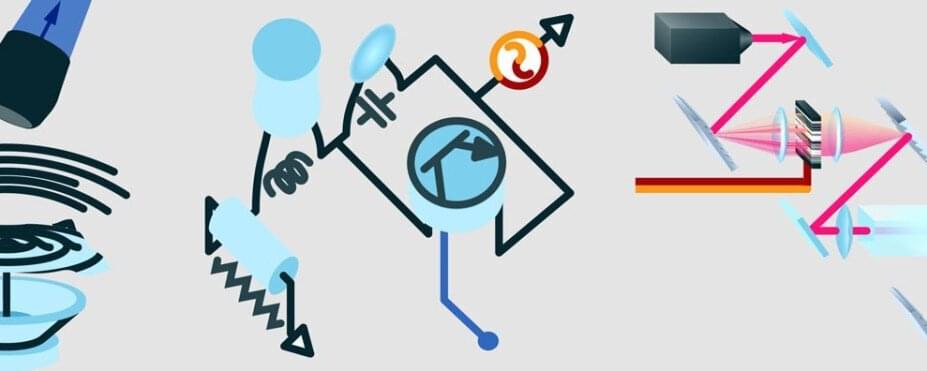You may not be able to teach an old dog new tricks, but Cornell researchers have found a way to train physical systems, ranging from computer speakers and lasers to simple electronic circuits, to perform machine-learning computations, such as identifying handwritten numbers and spoken vowel sounds.
The experiment is no mere stunt or parlor trick. By turning these physical systems into the same kind of neural networks that drive services like Google Translate and online searches, the researchers have demonstrated an early but viable alternative to conventional electronic processors—one with the potential to be orders of magnitude faster and more energy efficient than the power-gobbling chips in data centers and server farms that support many artificial-intelligence applications.
“Many different physical systems have enough complexity in them that they can perform a large range of computations,” said Peter McMahon, assistant professor of applied and engineering physics in the College of Engineering, who led the project. “The systems we performed our demonstrations with look nothing like each other, and they seem to [be] having nothing to do with handwritten-digit recognition or vowel classification, and yet you can train them to do it.”
